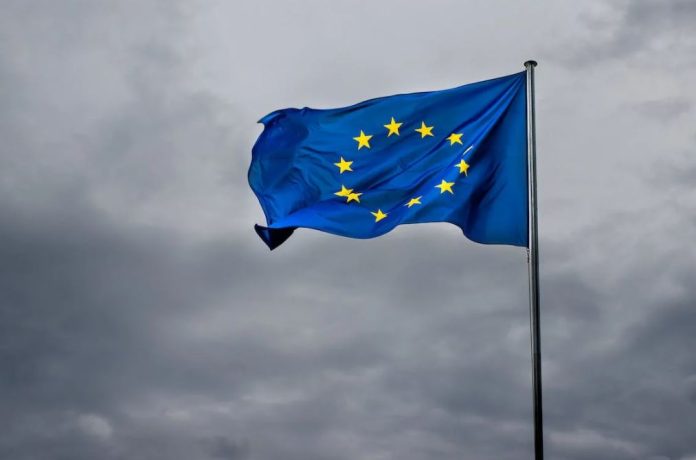Romania is responsible as a state for the content of the PNRR (National Recovery and Resilience Plan), SG RECOVER’s [European Commission’s Recovery and Resilience Task Force] general director Celine Gauer stated on Tuesday, while also appreciating that Romania’s PNRR is „very good and very ambitious”, according to Agerpres.
She participated in the annual Conference on the implementation of the PNRR, an event organized by the Representative Office of the European Commission in Romania.
In her speech, Celine Gauer appreciated that „the PNRR is a performance-based instrument” and recalled that all the reforms and investments provided for in the document must be completed by 2026.
„Romania’s plan is very good and very ambitious. First of all, it makes a considerable contribution in the field of transition to green energy (…). It is very ambitious in the field of digitization, as well, especially the digitization of services in the public sector and the healthcare system,” she explained.
Furthermore, the official emphasized that the National Plans were not imposed. „Romania is responsible as a state for the content of the Plan, as approved by the Council. It is not something that came from the top down, it is something proposed by Romania,” Celine Gauer pointed out.
She also reminded the audience that the targets in the PNRR are mandatory.
In her turn, the Secretary of State with the Ministry of Investments and European Projects. Carmen Moraru, spoke about the fact that the representatives of Romania and the European Commission had a first discussion regarding the changes in the PNRR.
„Romania and the Commission are in the process of modifying the PNRR for several reasons. One is the introduction of the RePowerEU factor (…), our colleagues from the Commission gave us a comment, we are going to develop these projects technically and we will see in what direction should we go further. The second reason why we are modifying the PNRR is that Romania has to reduce 2.11 billion euros from the allocation of grants. This must also come from the grant. So, basically, we have to analyze which are those components that have a grant and we have to see where we can cut or compensate otherwise,” Moraru pointed out.
She emphasized that „it is absolutely clear that we cannot reduce the Green and Digital level of the Plan.” „In no case the part of reforms, they must be fulfilled,” added Moraru. The Secretary of State said that at the moment there are discussions in the responsible ministries related to how some reforms can be carried out and he gave the pension reform as an example.
Moraru also presented in figures what the PNRR means for Romania. „[Romania – editor’s note] has to fulfill 507 targets and milestones, 171 measures, of which 64 reforms and 107 investments, but also an allocation of 29.18 billion euros, of which 14.23 billion is a grant and 14, 94 billion a loan,” she said, and added that „at the moment, Romania has 6.35 billion euros in its account related to the National Recovery and Resilience Plan, enough to begin the implementation of the Plan in force.”
According to the PNRR, Romania is committed to reforms in the decarbonization law, the law on special pensions or the whistleblower law.
Agerpres


